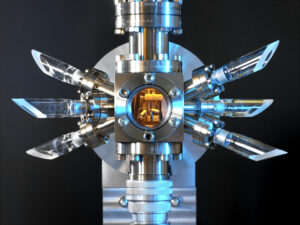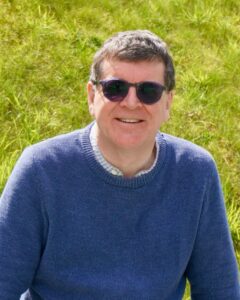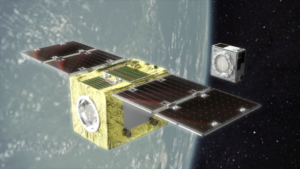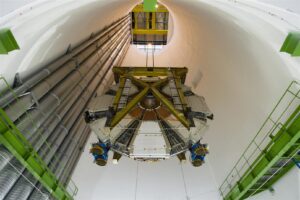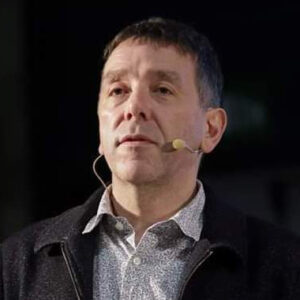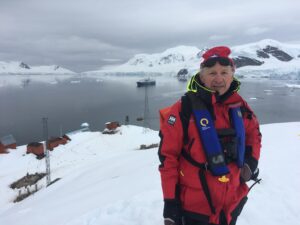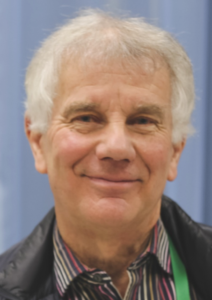The Measure of All Things
Thursday 21st July 2022 from 19:00 for 19:30
Abingdon United Football Club (Northcourt Rd, OX14 1PL, Abingdon)
Every day, every citizen and every business relies on a (usually invisible) infrastructure that enables confidence in the accuracy and consistency of the measurements that we make and the measurements made on our behalf. The International Measurement System was born in the French revolution, whose egalitarian philosophy envisioned a system of units “for all times, for all people”. It now has a good claim to be the largest collaborative science and technology activity on the planet; on which our economy, our quality of life, and often our very lives depend.
This talk will provide an insight into how reliant our society is on confidence in measurements; how that confidence is assured and why laboratories around the world continue to develop leading edge (including Nobel Prize winning) science to improve our ability to measure with increasing accuracy and confidence ….. for example how (and why would we want) to measure time with an accuracy equivalent to 1 second in the lifetime of the universe.
Speaker: Dr Martyn R Sené
Martyn Sené works at the National Physical Laboratory (the UKs National Measurement Institute). He is a member of the CIPM (Comité International des Poids et Mesures), which is responsible for oversight of the International Measurement System (the SI) and its headquarters (BIPM) in Paris. Following a PhD in nuclear physics, Martyn worked as an academic nuclear physicist before moving to Harwell to work on applied nuclear technology with UKAEA and AEA Technology; including as Managing Director of a subsidiary company specialising in radiation processing. Martyn joined NPL in 1999 as Head of Ionising Radiation and has held a number of roles including Operations Director (responsible for all NPL’s science & engineering capability) and Deputy CEO.
Links
Twitter: @NPL
www.npl.co.uk

